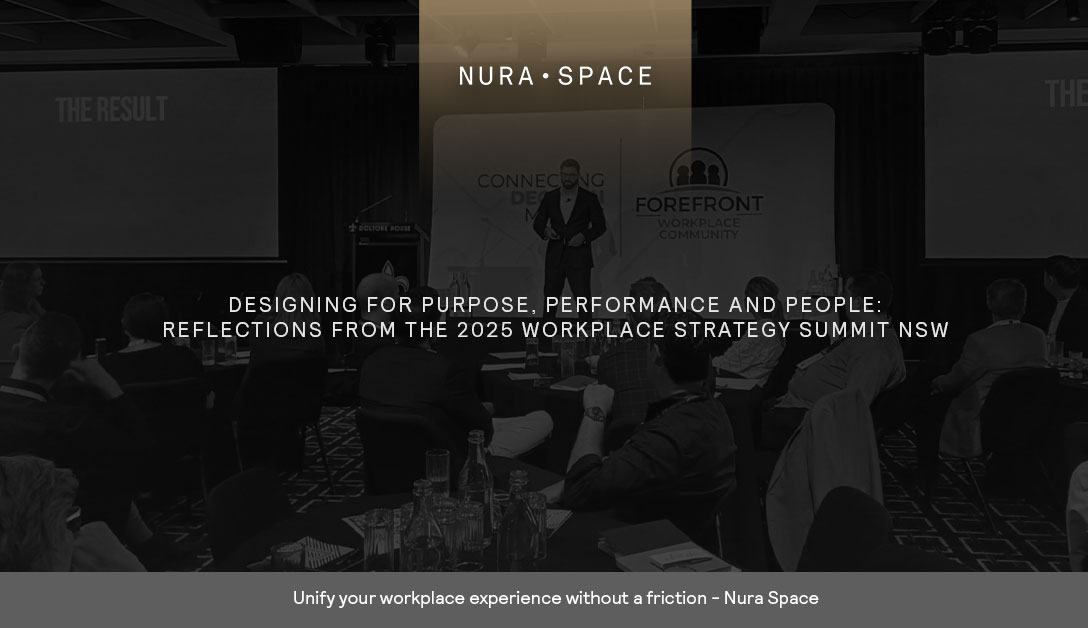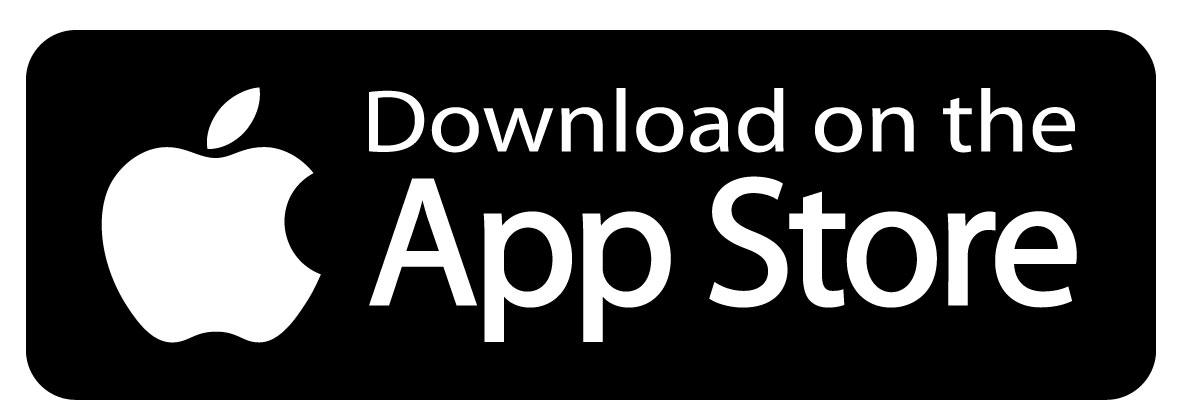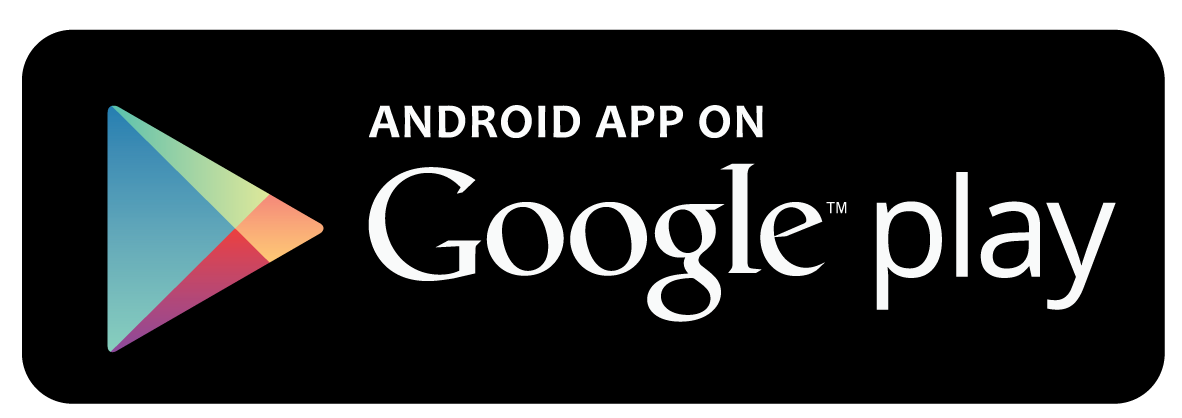Prepare your organization for the future of work
Welcome to the future. It’s not hovercrafts and robot butlers, but instead it’s a dramatic shift in the way we work and how employees engage with their roles and organizations. This article will cover how to prepare for the future of work, and the critically important role technology plays in this pivot to the future.










